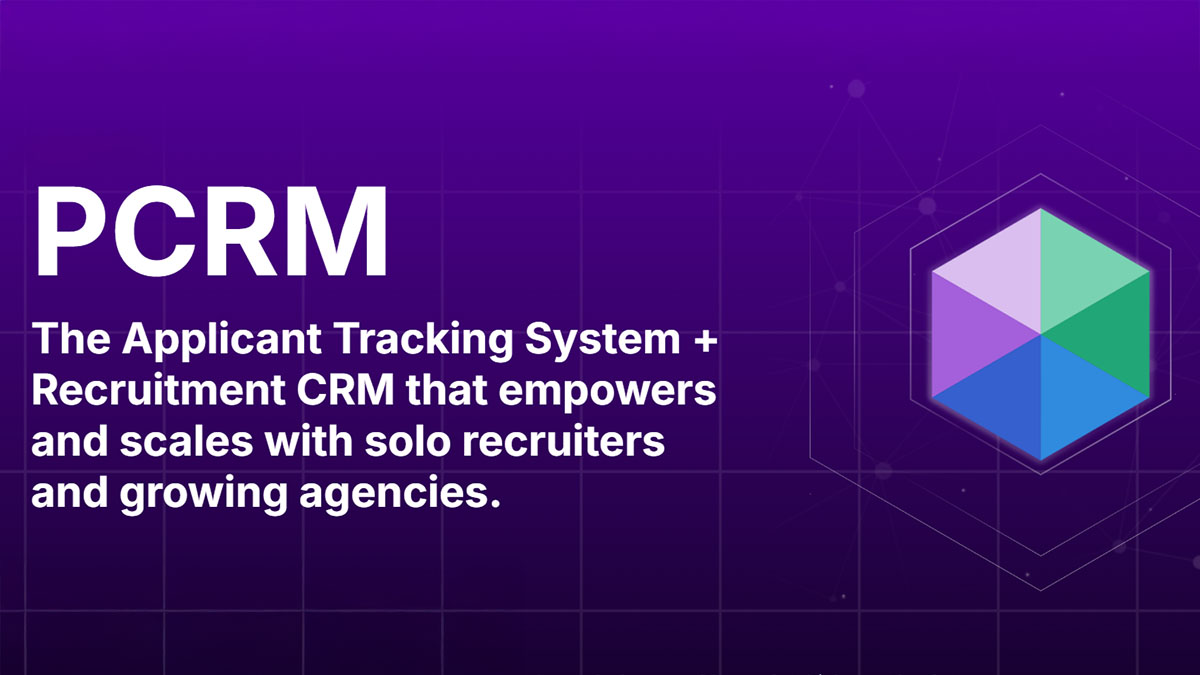With the 2012 Presidential Election less than three weeks away, we’ve officially entered the dreaded zone of back and forth debates, non-stop trash talking commercials, and endless political posts on Facebook. Even though this time of year can be annoying, there are some things that recruiters can learn, especially from the Presidential debates.
Americans don’t simply let someone walk into the White House without an intense screening process, the same way that you shouldn’t hire new employees without knowing all that you can about them. While the vetting process isn’t quite as intense for normal job candidates, there are still a lot of similarities.
Here are five things recruiters can learn from the Presidential debates:

PCRecruiter’s AI tools for content generation, candidate summary, and internal data search are now available FREE for a limited time.
Read more
PCRM — the CRM and Recruitment ATS hybrid built specifically to empower and scale with solo recruiters and growing agencies — is now available.
Read more
Recruitment professionals are facing a new challenge in today’s digital landscape: scammers posing as legitimate recruiters. These scammers are increasingly targeting remote work job seekers, causing some candidates to become wary of all recruitment outreach.
Read moreFind out more about who we and what we do.